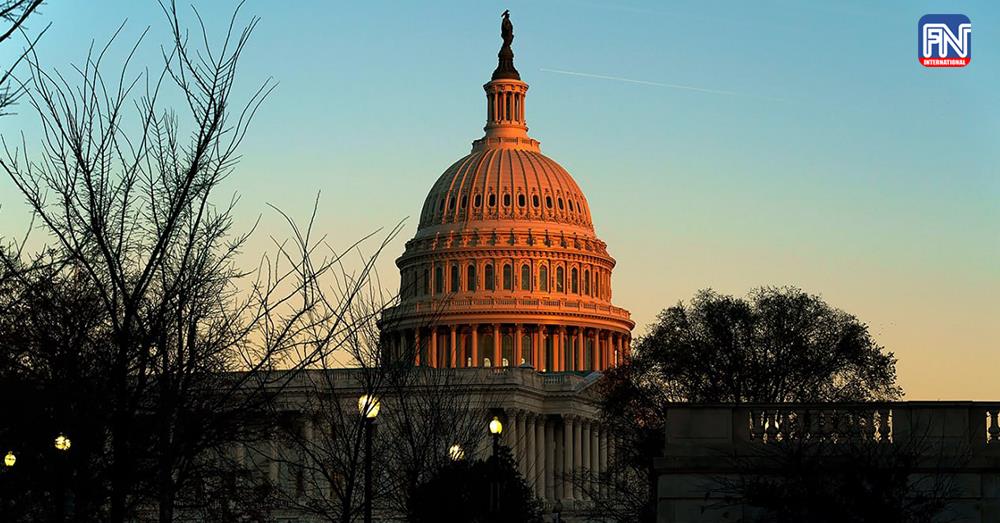WASHINGTON, Jan 3 (AFP) - For the first time in nearly a century, the United States House of Representatives has failed to elect a speaker in the first rounds of voting, as Republican Kevin McCarthy fell short of securing a majority in the chamber to succeed Democrat Nancy Pelosi.
McCarthy was not able to overcome opposition within his caucus in the three rounds of voting on Tuesday before the legislators voted to adjourn the House’s first meeting.
Republicans narrowly won control of the chamber in November’s midterm elections, but several right-wing legislators in McCarthy’s own party have refused to back him for the speakership.
The speaker must acquire a majority of the votes, excluding absent legislators and those who vote “present”. On Tuesday, McCarthy needed 218 votes, but he only received 203 as 19 Republicans voted against him in the first two ballots. In the third round, he lost one more vote, bringing his tally down to 202.
In the first vote, most Republican dissenters backed Arizona Representative Andy Biggs or Ohio Representative Jim Jordan. In the second round, all 19 opposing Republican votes went to Jordan, a right-wing firebrand. Jordan increased his total to 20 votes in the third round.
Before the voting began on Tuesday, far-right Congressman Paul Gosar had nominated Biggs as a candidate. But Jordan did not seek the speakership and voted for McCarthy three times himself.
In the second round, Jordan renominated McCarthy, and in turn, ultraconservative Florida Congressman Matt Gaetz nominated Jordan, acknowledging that the Ohio representative does not want the job.
The Democratic leader in the House, Hakeem Jeffries, received 212 votes in all three rounds — more than McCarthy — but he was never realistically in the running as his party is in the minority.
McCarthy, a California Republican, had served as House minority leader after Democrats took the majority in 2019.
Legislators will reconvene on Wednesday and hold subsequent votes until a candidate for the speakership wins a majority. The House will remain effectively non-functional without a new speaker.
The speaker is second in the line of succession for the US presidency and the country’s most powerful legislator, with decisive influence over what bills and amendments get to be considered.
The House is one of two chambers that makes up the US Congress. It, along with the Senate, passes federal legislation, allocates government spending and ensures oversight.
